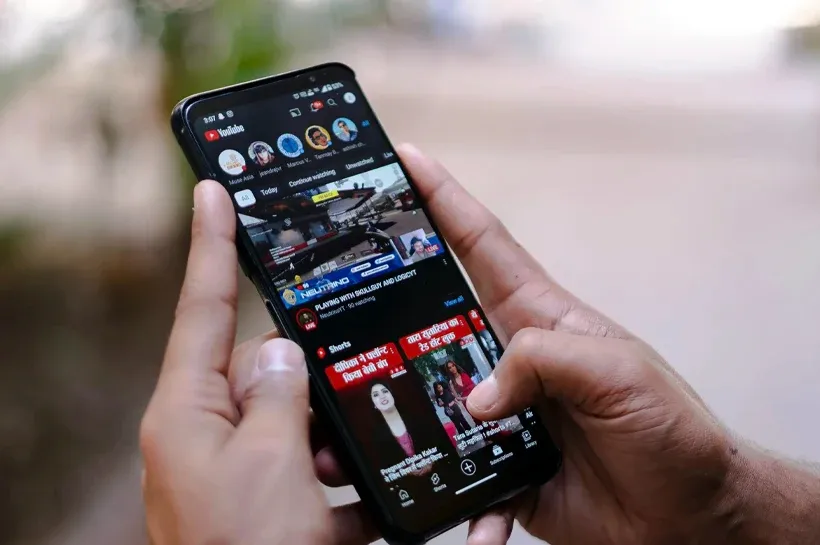

Just enter your Zip code.

In the vast and ever-evolving landscape of the internet, few cultural phenomena have captured the attention of users across the globe as effectively as memes. These bite-sized, often humorous images or videos, accompanied by clever captions, have become an integral part of online communication. The history of internet memes is a fascinating journey that reflects the dynamic nature of internet culture.
The term "meme" itself was coined by British evolutionary biologist Richard Dawkins in his 1976 book, "The Selfish Gene." Dawkins used the word to describe an idea, behavior, or style that spreads within a culture. Fast forward to the early days of the internet, and the concept of the meme found a new home.
One of the earliest internet memes to achieve widespread popularity was the "Dancing Baby," also known as "Baby Cha-Cha-Cha." This 3D-rendered animation of a baby dancing to a looped soundtrack became a viral sensation in the late 1990s. Its popularity marked a shift in how internet users engaged with and shared content.
The mid-2000s witnessed the rise of image macros, a popular meme format involving a combination of an image and text. "I Can Has Cheezburger?" was a prominent website that contributed to the surge in popularity of these memes, particularly those featuring funny captions overlaid on images of cats.
The advent of social media platforms like Facebook, Twitter, and Instagram provided a fertile ground for the rapid dissemination of memes. Memes became a form of cultural currency, with users sharing, remixing, and creating content that reflected current events, pop culture, and everyday situations.
Memes evolved beyond static images, with internet users participating in viral challenges and trends. The ALS Ice Bucket Challenge in 2014, where participants dumped a bucket of ice water over their heads to raise awareness for amyotrophic lateral sclerosis (ALS), exemplifies how memes can be harnessed for social causes.
As meme culture continued to evolve, the term "dank memes" emerged to describe memes that are intentionally bizarre or absurd. Various internet subcultures and communities began creating memes that were specific to their interests, contributing to the diversification and personalization of meme content.
Internet memes have become a unique form of expression, allowing individuals to convey complex emotions, humor, and commentary in a concise and shareable format. Memes often serve as a cultural mirror, reflecting societal attitudes, trends, and shifts in a way that is both immediate and relatable.
The rise of internet memes is a testament to the internet's ability to shape and reflect contemporary culture. From the humble beginnings of the Dancing Baby to the intricate and diverse world of dank memes, internet culture has embraced memes as a powerful means of communication. As technology continues to advance, one can only anticipate the continued evolution and innovation within the vibrant and ever-expanding realm of internet memes.
We are here to help.
Still haven’t found what you're looking for? Chat, email or Call our Customer Care Pro’s!

1400 Broadfield Boulevard Suite 200
Houston, TX 77084 United States
2840 Hwy 87 Crystal Beach,
TX 77650 United States
© 2026 Rural Telecommunications of America, Inc. All rights reserved.
409-684-7021
Deals
Business
Residential
gigFAST INTERNET ®
Legal
Cookies
Privacy Policy
gigFAST TV ® Privacy Policy
Acceptable Use Policy
RTA Internet Transparency Statement
Supplement to Client Services Agreement General Terms
RTA Story
RTA Careers
RTA Newsroom
RTA Blog
RTA Testimonials
Areas Served
Crystal Beach